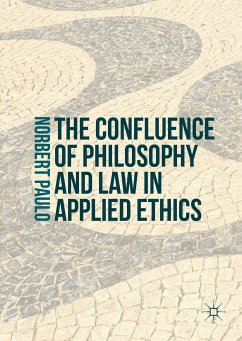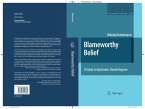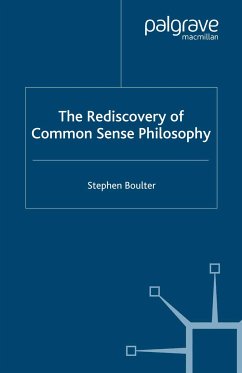The author first outlines methods as used in legal theory, focusing on deductive reasoning with statutes as well as analogical reasoning with precedent cases. He then examines three representative kinds of contemporary ethical theories, Beauchamp and Childress's principlism, Jonsen and Toulmin's casuistry, and two versions of consequentialism-Singer's preference utilitarianism and Hooker's rule-consequentialism-with regards to their methods. These examinations lead to the Morisprudence Model for methods in applied ethics.
Dieser Download kann aus rechtlichen Gründen nur mit Rechnungsadresse in A, B, BG, CY, CZ, D, DK, EW, E, FIN, F, GR, HR, H, IRL, I, LT, L, LR, M, NL, PL, P, R, S, SLO, SK ausgeliefert werden.









